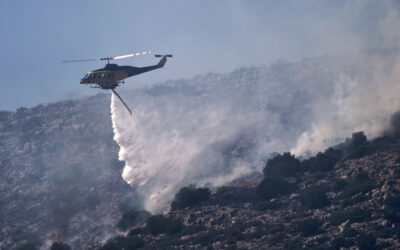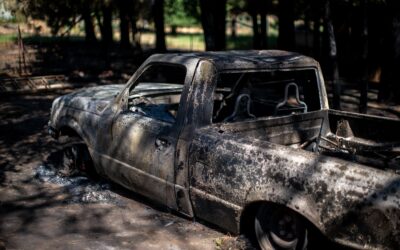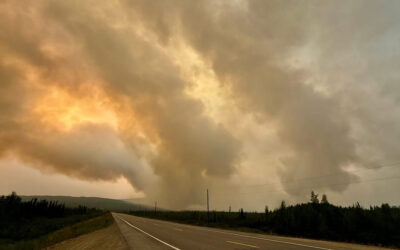Keeping calm under stress is an asset in lot of facets of the fire service. When I was a fairly new Captain at a structural fire department, I had to endure a lot of harassment and disrespect by some of the more senior firefighters and officers. I was smart and capable and tested well on the promotional exams. But I didn’t fit in. Not fitting in led to my having a chip on my shoulder and might have exacerbated my problems with “the guys”.
But, I had a mentor. The Battalion Chief was excellent. He was older than most of us and had a career’s worth of experience and wisdom. He never showed me any special treatment but offered me some pearls of wisdom that I’ve kept close to my heart ever since.
When I had been having trouble with one of the other B-shift Captains and he knew it was getting to me, he’d say “don’t forget, you’ll outlive the bastards”. It took me only a few seconds to let that sink in. I was younger than the other Captains and he knew I was tough. Yes, I would outlive the bastards. That pearl of wisdom would stick with me through my career. And indeed, I did outlive them. Although I eventually left the department to attend graduate school and work on my Masters degree, I went on to have a significant career in the fire service even spending some time in Washington DC.
Sound Good on the Radio
The next pearl of wisdom he gave me shortly after being promoted to Captain related to fire ground communications, “no matter what, make it sound good on the radio”. What did he mean, no matter what make it sound good on the radio? It wouldn’t take me too long to figure that one out.
One warm June morning while conducting a wildland hose pack drill, we had one of the transverse inch and a half’s extended and about 400’ of inch and a half and 1 inch forestry hose extended in the parking lot of the Walmart that was under construction. You can probably see where this is going.
When all of the hose was off the engine and scattered about for hundreds of feet and my crew and I were standing around conducting an AAR, you guessed it, tones went out on the radio.
“Engine 51, Engine 71, Tender 51, Battalion 7, multiple reports of a brush fire in the vicinity of Thumb Butte Park”.
Oh Crap!
Oh crap! It was early in the day and I thought we’d have time before a potential brush fire was likely. But here we were, before noon and a fire is burning and all our wildland hose packs are laying about in the dirt. Here’s what I mean about keeping calm. Oh crap! My crew looked at me, “are you going to tell dispatch we’re unavailable”? “No way. Quick grab all the hose and throw it up on the hose bed. Let’s go!” There we were running around like the key stone cops trying to gather up and throw all the hose on top of the engine so we could respond. In my calm, in command voice, I spoke into the radio mic,
“Dispatch, Engine 51 is responding”.
In a couple minutes we were driving down the road, red lights on with sirens blaring and the hose flopping around on top of the bed.
When we arrived on scene, my crew immediately and without any direction jumped off the engine and began trying to untangle the mess of hose. The fire was already about a half-acre in size and moving quickly through the understory of brush with ponderosa pines above. There were houses on the ridge top about a quarter mile above the fire. This had the potential to be a very bad incident. I knew I had to sound calm and in control.
So in my best Incident Commander voice I said, “Dispatch, Engine 51 is on the scene of a brush fire approximately one-half acre in size. It’s burning in the understory right now but quickly moving upslope towards Ridge Road and multiple houses. Engine 51 will be command and will extend a hose lay to the heal of the fire and begin a flanking action. Engine 71 go to Ridge Road and begin structure protection. All other units continue in.”
Keeping Calm Amid the Chaos
But as soon as I stopped transmitting, the sounds of my crew and I yelling to get the hose untangled and extended to the base of the fire filled the air. “C’mon, hurry, let’s go, C’mon!” We were anything but calm. The Key Stone Cops scene continued as we frantically untangled the hose and slowly made process to get the trunk line to the base of the fire and then connect the gated Y and the lateral lines.
“Engine 51, Battalion 7, give me an update”.
Deep breaths, it’s all good. As I watched the crazy scene in front of me, my crew trying to get the jumbled mess of hose to the seat of the fire I said,
“Battalion 7, Engine 51, we’re extending the hose now and should have water at the heal of the fire in a few minutes”.
I gave him some additional information about the need for mutual aid with the local Forest Service unit and an additional engine or two. I sounded calm and in command. Just another routine wildland fire response.
By the time the rest of the responding units arrived on scene, our trunk line was in with the gated Y and our lateral lines were in place. The wet stuff was getting on the red stuff. Relatively quickly we had a hose lay around the entire fire and stopped it’s forward progress at about two acres. Engine 71 never had fire close to their houses.
The Aftermath
When we were back at the engines, having some cold water and catching our breath, I walked over to Battalion 7 who was now the IC.
“Hey”, he said. “It sounded really good”.
“Yea, just like we drill” I said.
“Good job Captain”
My engine crew was resting with the other firefighters at the tailboard of our engine. They had heard the conversation between our BC and me. I just smiled and said.
“Got to make it sound good on the radio, it’s all about good fire ground communications”.
Now you can criticize any number of decisions I made that day. Should I have gone out of service while we were drilling that morning? Should I have told Dispatch we were out of service when the call came in? But I was young and enthusiastic and there was no way I was going to give up a working brush fire in my first due area. Young and enthusiastic can be a good thing or a bad thing. In this case it resulted in a good stop.
But more importantly and to the point of this story; when in command you have to appear calm even when you don’t feel calm. My folks followed me because they were secure in my ability as a leader and as a firefighter. You can’t be seen as a leader and get the performance you need from your crew if you’re adding to the confusion of a chaotic situation. You might not always feel calm but you have to act calm. And that day at the base of Thumb Butte, I learned the lesson why it’s so important to make it sound good on the radio.
The whole story can be heard at BobbieOnFire.com, http://bobbieonfire.com/2021/05/27/71-no-matter-what-make-it-sound-good-on-the-radio/
Listen Now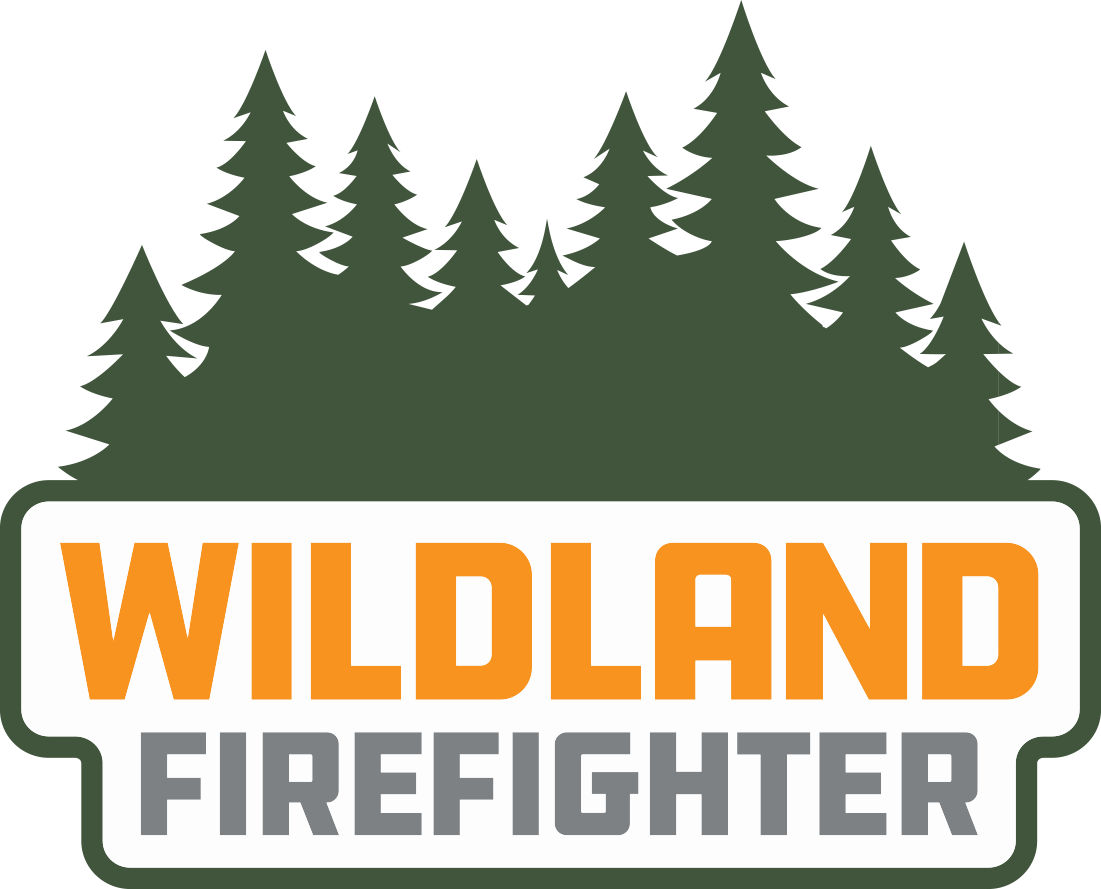
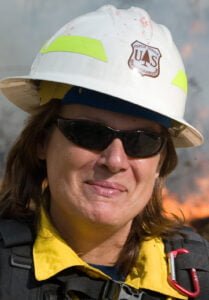 Bobbie Scopa started her career as a seasonal firefighter in 1974. After graduating from Arizona State University, she went on to work in fire and natural resource management. Eventually she left the wildand agencies to work full time for a structure fire department. She finished her Masters in Forestry at NC State then went back to the US Forest Service and BLM eventually becoming the Assistant Regional Fire Director in Region 6. Bobbie has spent many years working as a type 1 and 2 Operations Section Chief. You can listen to Bobbie tell audio stories from her long career at BobbieOnFire.com. She has also recently completed her memoir titled “Both Sides Of The Fire Line”. It will be available through Chicago Review Press late summer of 2022.
Bobbie Scopa started her career as a seasonal firefighter in 1974. After graduating from Arizona State University, she went on to work in fire and natural resource management. Eventually she left the wildand agencies to work full time for a structure fire department. She finished her Masters in Forestry at NC State then went back to the US Forest Service and BLM eventually becoming the Assistant Regional Fire Director in Region 6. Bobbie has spent many years working as a type 1 and 2 Operations Section Chief. You can listen to Bobbie tell audio stories from her long career at BobbieOnFire.com. She has also recently completed her memoir titled “Both Sides Of The Fire Line”. It will be available through Chicago Review Press late summer of 2022.